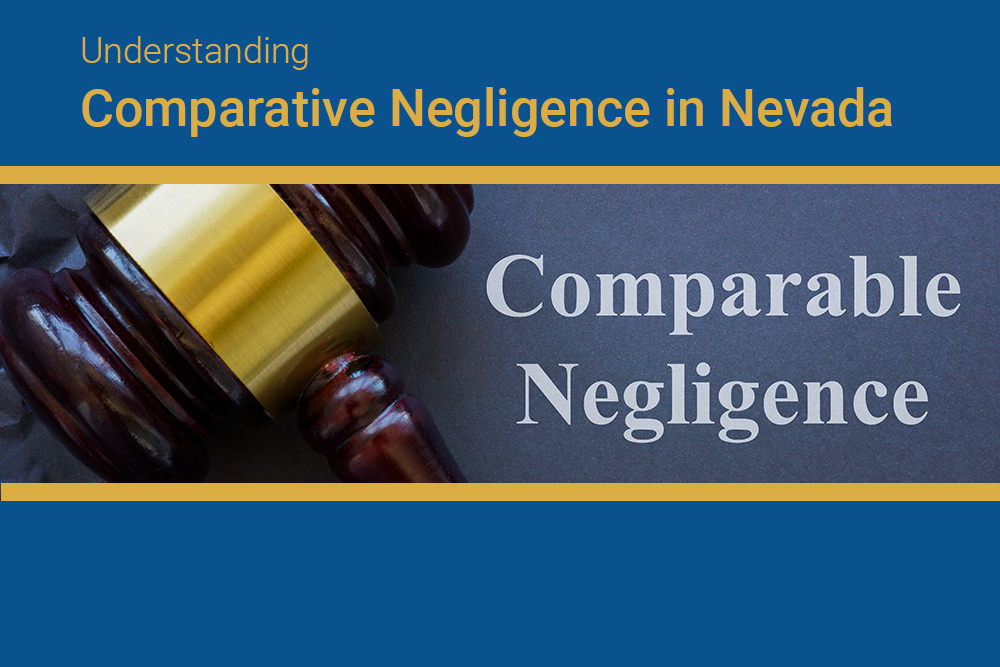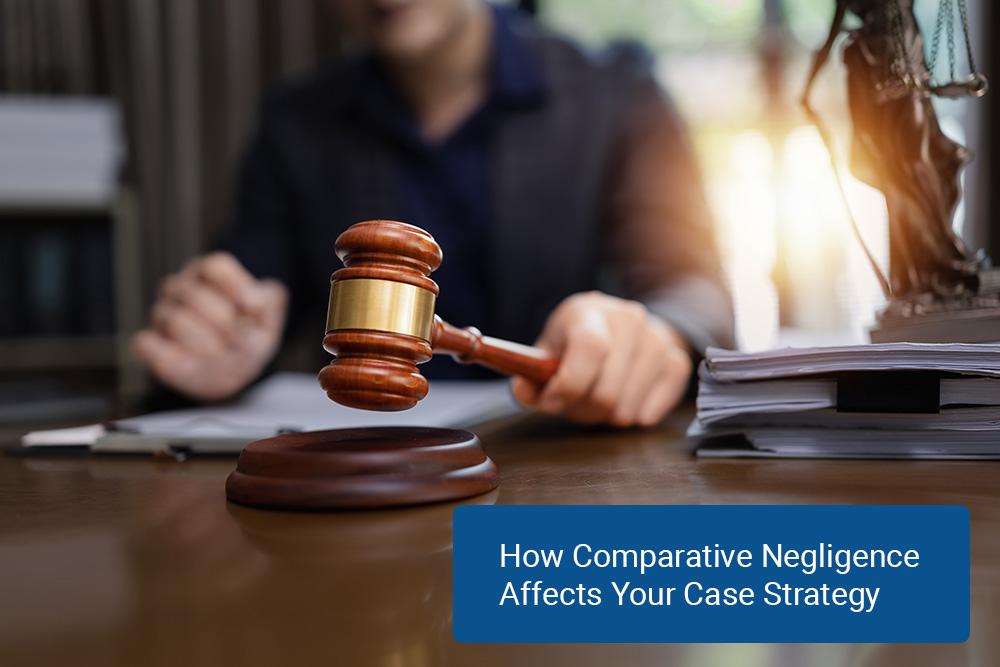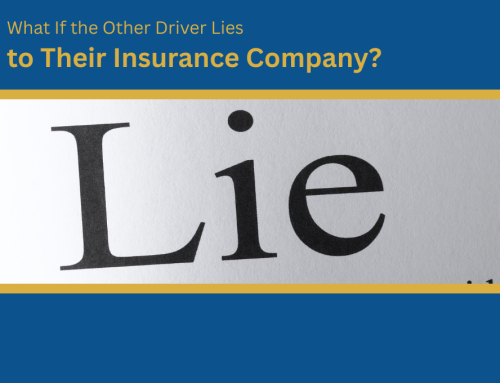
Accidents are rarely black and white. In many cases, both parties involved share some level of fault. Nevada law acknowledges this reality through a legal principle called comparative negligence. If you have been injured in a car crash, slip-and-fall, or other personal injury incident, understanding how fault is divided can have a major impact on the compensation you receive.
Comparative negligence is a framework courts use to determine how much money you can recover if you were partially responsible for your own injuries. In Nevada, this system is based on a percentage model, which means your damages may be reduced depending on your share of the blame. Knowing how this works is essential if you are filing a claim.
This blog explains what comparative negligence is, how it applies in Nevada, and what you need to consider when building your case. Whether you are facing a dispute with an insurance company or preparing to go to court, this information can help you protect your rights.
Nevada Follows a Modified Comparative Negligence Rule
Under Nevada law, injury cases are subject to a modified comparative negligence system. This system allows you to recover damages even if you share some responsibility for the accident. However, there are limits.
The rule says that if you are less than 51 percent at fault, you may still recover damages. Your compensation is reduced by your percentage of fault. But if your share of fault reaches 51 percent or more, you cannot collect any damages at all. This is why establishing clear evidence is critical to every case.
Let us say you are injured in a vehicle collision and a court finds you to be 20 percent responsible. If your total damages are one hundred thousand dollars, you would be eligible to recover eighty thousand dollars. The remaining twenty percent would be deducted based on your share of fault.
On the other hand, if your responsibility is calculated at 55 percent, you would not be entitled to any compensation. This makes accurate documentation, legal guidance, and witness testimony extremely important during the claims process.
How Comparative Negligence Affects Your Case Strategy

Understanding the concept is only the beginning. Once comparative negligence becomes a factor, it directly influences how your attorney prepares your case and how insurance companies respond.
Building a Strong Liability Argument
When both sides dispute fault, your attorney must work to minimize your level of responsibility. This involves gathering surveillance footage, police reports, medical records, and witness statements. The more evidence you have, the stronger your position will be.
In some cases, accident reconstruction experts may be used to show how the events unfolded. These professionals can provide an independent opinion that supports your version of the story. Every detail matters when percentages determine your recovery.
Negotiating With Insurance Companies
Insurance adjusters often use comparative negligence as a tool to reduce their payout. They may try to assign you more blame than you deserve. This is why having legal representation is so valuable. Your attorney will push back against inflated fault claims and advocate for a fair resolution.
Negotiations may also include a back-and-forth analysis of liability. Your lawyer’s job is to present your actions in the best possible light while highlighting the other party’s negligence. This can lead to a more favorable outcome during pre-trial discussions.
Preparing for Litigation
If a fair settlement is not reached, your case may go to trial. In that setting, a judge or jury will determine how fault is divided. The comparative negligence rule will then be applied to the final judgment. Your legal team will prepare evidence and arguments accordingly, always keeping the 51 percent rule in mind.
Scenarios Where Comparative Negligence Commonly Applies
Comparative negligence can affect almost any type of personal injury case in Nevada. From routine accidents to complex litigation, the principle plays a key role in how damages are awarded.
Motor vehicle accidents are the most common setting. These include car, truck, motorcycle, and pedestrian collisions. For example, if a speeding driver hits you but you were not wearing a seatbelt, the court may decide both parties share blame. Your recovery would then be reduced by the percentage linked to your own actions.
Premises liability cases also involve comparative negligence. If you slip and fall in a grocery store but were walking while distracted, the store may argue you failed to take reasonable precautions. The court could assign partial fault to both parties depending on the facts.
Product liability and workplace injuries may also trigger comparative negligence assessments. If a worker fails to follow safety procedures but was using defective equipment, a court may find fault with both the employer and the employee. This can affect how compensation is distributed.
Why Work With Lach Injury Law
Facing a personal injury claim is difficult enough without the added pressure of legal technicalities. At Lach Injury Law, we help clients understand the details that affect their case outcomes. Comparative negligence is one of those details, and we have the experience to manage it effectively.
Our legal team has worked on cases involving vehicle accidents, slip-and-fall injuries, workplace incidents, and wrongful death. We know how Nevada law defines fault and how to counter unfair blame. We also understand how insurance companies operate and how to push back when they try to assign you more fault than you deserve.
If you want to explore the different types of claims we handle, visit our practice areas page. We also maintain a blog and resource center that explain legal terms and offer guidance to injury victims. Our office serves clients throughout Las Vegas and nearby areas, and we are always ready to help you move forward.
Get the Facts and Protect Your Rights

Understanding comparative negligence in Nevada can make a real difference in your injury case. You do not have to accept blame that is not yours. With the right legal help, you can prove your position and fight for the compensation you deserve.
At Lach Injury Law, we take every factor into account. If an insurance company tries to reduce your claim using comparative negligence, we step in with the knowledge and strategy to protect your rights. Our focus is on securing the best outcome for you and your family.
If you need help understanding your case or starting your claim, contact us today. Let us review your situation, explain your options, and stand by your side throughout the process.





